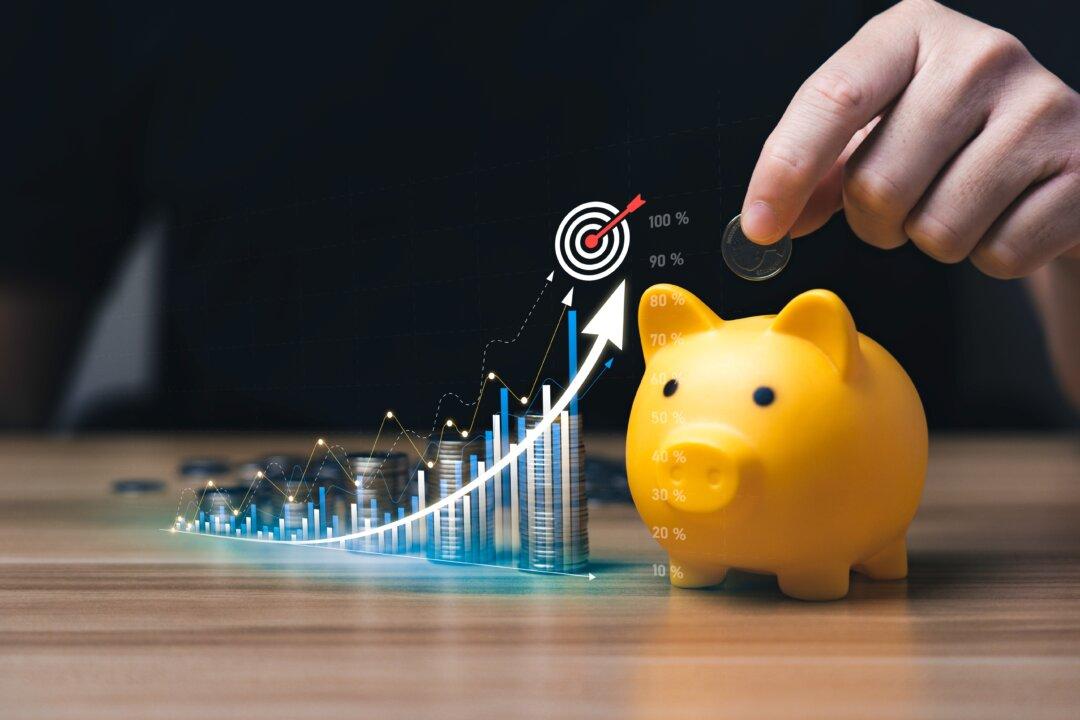Investing in the stock market is potentially a high-risk proposition. This is especially true when there’s a downward trend. A bear market scares many investors away and steers them toward savings accounts or low-interest certificates of deposits (CDs).
Your financial plan determines whether to invest. It is vital to remember the difference between saving and investing. Although they are interchangeable to a certain degree, they represent different approaches to personal financial planning. So, the question becomes, when planning your finances, is investing still a good option during volatile economic times?






